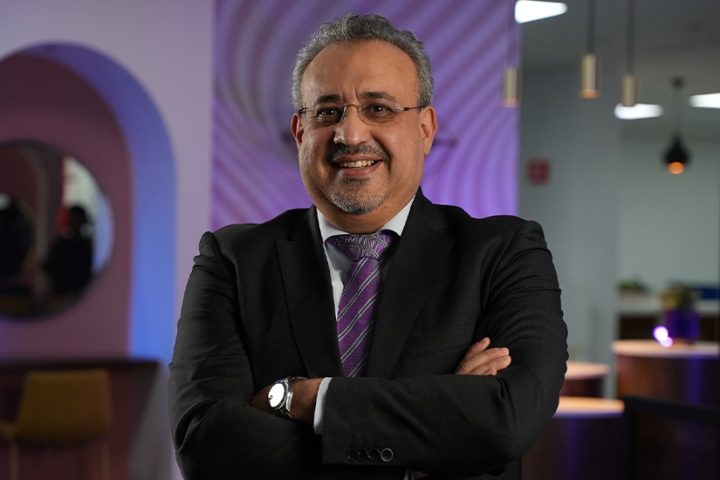Security should be considered more than convenience; it’s better to be smart than sorry.
Smart City initiatives are steadily taking root across the Middle East and along with the host of mGovernment applications that are now available; we have now begun to see telecom providers collaborating with regional governments to offer free Wi-Fi across public areas. This compliments the public wireless infrastructure that is already being offered by numerous establishments such as restaurants, cafes and corporations. Combined with the explosion in handheld smart devices, it is no wonder that the popularity of public Wi-Fi among citizens- and worryingly cyber criminals too- is on the rise. “Using public Wi-Fi can be risky. Research by security firms has found that free hotspots are increasingly being used to steal private information from consumers.”
states Mohamed Djenane, Security Specialist, ESET Middle East. The good news is that users can still remain safe with public Wi-Fi when then research information, check news sites, or even look at maps of the local areas. But in doing so, ESET recommends that they take the following security measures: Double-check the network before usage The worst thing to do is assume without verification that a Wi-Fi network is legitimate and run by a trusted establishment. It might be a decoy deployed by a criminal! As a general rule, users shouldn’t connect to any network called, ‘Free Wi-Fi’– if this is what’s being advertised.
It’s safer to check email and Facebook on a computer Overall, smartphones come a poor second to PCs or Macs when it comes to public Wi-Fi hotspots as the ‘defenses’ built into PC browsers make it easier to identify whether the usage is safe. What not to say in public Wi-Fi hotspots If the user has to connect to a work environment, they should use a VPN, or wait until they are in a safer environment. Forget the hotspot Smart devices can give away a surprising amount of data from apps connecting to remote servers. It is always a good policy to police the list of ‘known’ networks thoroughly. “Knowing that our lives today are heavily set in the digital domain, protecting our online presence must become an absolute priority. This might mean placing security over convenience and being smart, rather than sorry,” concluded Djenane.














